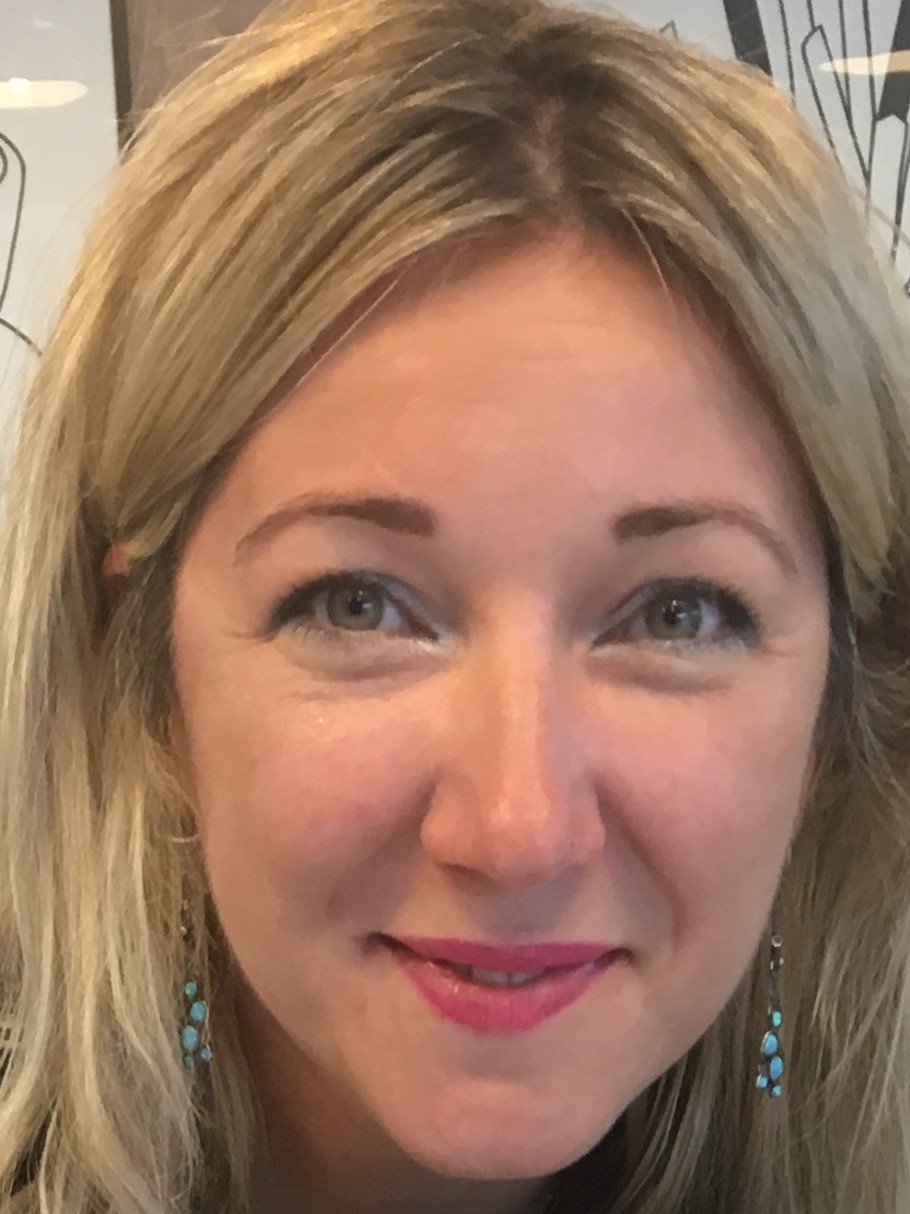
Lucie Vybihalova
Registered Member MBACP
Contact information
Features
- Flexible hours available
- Concessionary rates
Availability
My availability is:
Monday until 6pm
Tuesday until 4pm
Wednesday from 6pm
Friday until 6pm
Saturday until 4pm
About me and my therapy practice
I have qualified as an integrative counsellor in 2019 and I have been working predominantly with adults and also young clients from four years onward. I have experience working in school, private practice. I worked as IAPT therapist for a year, providing short-term, evidence –based therapy. I work part time as a coordinator of the crisis phone line for the charity organization, where I provide out of hours support to adult service users, who find themselves in crisis. I train staff and work with volunteers to be able to offer safe space for clients.
In my work I apply my personality model I use in counselling practice and the Eight Eye model (Hawkins and Shohet) on my philosophy and methodology of supervision. My integrative personality model is symbolised by the Maze (The Self) on the picture. I use Kofler’s personality description. The human personality is revealed in four categories through four corresponding methods: the spiritual self (transpersonal approaches), the conscious self (cognitive approaches), the unconscious self (psychodynamic and humanistic approaches) and embodiment (bodywork and bio-energies). These parts of The Self form the unity, which is symbolised by the maze with the tower in the middle. I enter the client’s maze as their counsellor with their permission.
Establishing trust is a cornerstone of the therapy. It creates a safe space where client feels understood and therefore able to confront the vulnerabilities. This is achieved by play, imagination and creativity. Being creative requires courage, when an individual is not judged by others, but rather builds the confidence, resilience and self-belief. Play is an important part of developmental process, summarising the ongoing learning with children needing to adapt their original ideas if a new piece of information seems to contradict heir schema. The concept of the challenge in therapy is characterized by a tower, that client symbolically climbs, is a metaphor for a personal development.
Practice description
My integrative approach is informed by the Transpersonal approach of Psychosynthesis, the developmental insights of the Psychodynamic orientation together with a Humanistic understanding. I offer two ways of working dynamically with group and individual supervision. The process of developing a beneficial supervision is delivered by creative work and focus on five parts bellow.
1. The Supervisory Relationship. I focus on a supervisory relationship with ‘Seven Eyed Model’ as a popular model for supervision in helping professions. The model is looking at multiple relationships and interactions within a supervisory session between the client, therapist, supervisor, stakeholders and the wider systemic contexts which impact them.
2. The Supervisory Task. I work with building the trust, connection and keeping me, supervisee and client safe. I recognise different tasks of supervision, including the setting up a ‘learning relationship’, to teach, to evaluate, to monitor professional ethical issues, to counsel, to consult, to monitor administrative aspects.
3. Power, organisations, and individuals. Therapist has responsibilities to organization and to the clients. Counsellors in organizational settings need to know how to work within the organization, how to combine loyalty to the clients with the loyalty to the organization
4. Working with groups and the unconscious, facilitating group where we co-create and reflect on the learning from the members of the group and the processes.
5. Ethical practice, dilemmas, and shame. We explore the ethical responsibilities as a counsellor, clinical issues in the therapeutic work and developing a mutual respect within our supervisory relationship. I work with shame and the paradox of enabling and understanding of blocks and transference.
My first session
I offer first initial phone or online session, where we can discuss your expectations from Supervisor and the supervision. Together we discuss the Assessment but also the Contract: the practicalities, Working Alliance, presenting in supervision and evaluation in supervision.
I follow the learning process in supervision sessions, which is delivered through the method of working with my countertransference. I provide a space to let something happen with an attitude of tolerance. The attitude of therapist is described in the involvement with client. We then ‘become aware of the existence of something.’ This ‘something’ begins to come into the consciousness of our supervisory relationship and can be reflected upon. Finally we enable to confront oneself with something, to come to terms with it. A meaning can be found through the process of appraisal, that involves the therapist’s reflective function.
What I can help with
Abuse, ADD / ADHD, Addictions, Anxiety, Autism spectrum, Bereavement, Child related issues, Depression, Identity issues, Loss, Menopause, Neurodiversity, Phobias, Post-traumatic stress, Pregnancy related issues, Relationships, Self esteem, Self-harm, Sensory impairment, Spirituality, Trauma, Women's issues
Types of therapy
Cognitive, Creative therapy, Eclectic, Emotionally focused therapy, Existential, Gestalt, Humanistic, Integrative, Interpersonal, Jungian, Narrative therapy, Play therapy, Psychodynamic, Psychosynthesis, Relational, Systemic, Transactional analysis, Transpersonal
Clients I work with
Adults, Children, Families, Groups, Older adults, Trainees, Young people
How I deliver therapy
Long term sessions, Long-term face-to-face work, Online therapy, Outdoor therapy, Short term sessions, Short-term face-to-face work, Telephone therapy, Time-limited
Languages spoken
English, Czech, Slovak